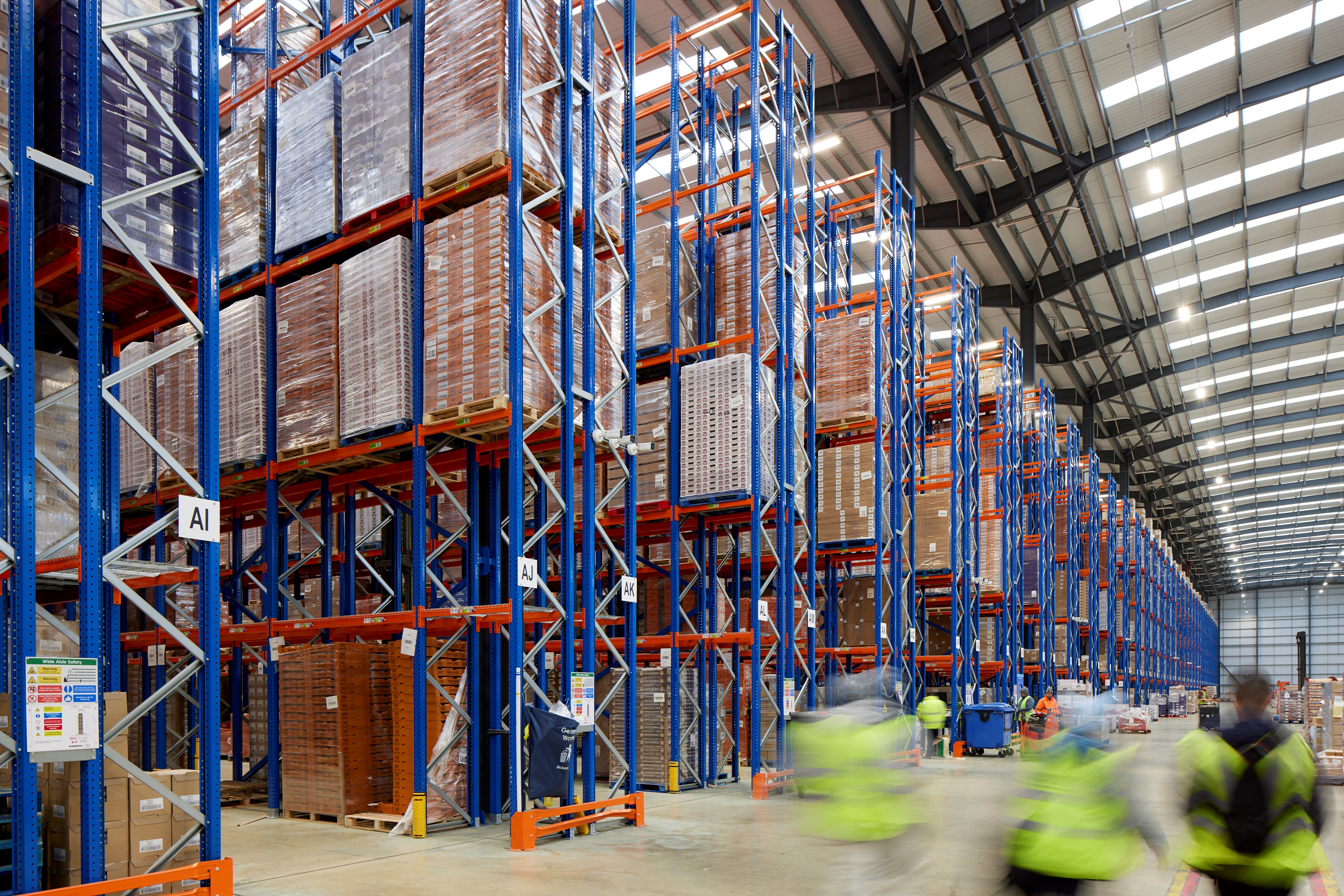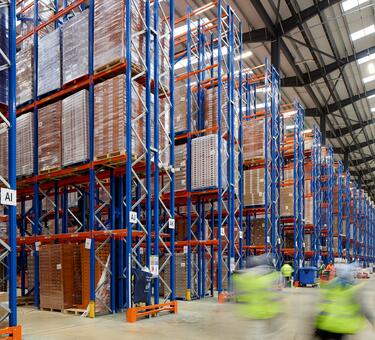New data from Prologis Research reveals that e-commerce continues to reshape logistics demand across Europe, with the UK emerging as the most mature and complex market. With 32% of all retail purchases now made online – more than triple the rate in many continental European countries – focus is shifting from growth in volume to growth in intensity.
As the UK’s e-commerce market matures, customer expectations continue to evolve – with an emphasis on speed, seamless returns and convenience. These pressures are redefining both the location and design of the logistics space. Same-day and next-day delivery is becoming standard in major cities such as London, Birmingham and Manchester, intensifying the demand for urban logistics facilities needed to fulfil last-mile deliveries.
Paul Weston, Regional Head of Prologis UK, said: “E-commerce will continue to be a key driver of demand - but the nature of that demand is changing. In a mature market like the UK, customers expect faster delivery, better tracking, and with sustainability built in. It’s shaping how we plan, build, and deliver logistics space.”

Demand Driven by Changing Retail Models
The rapid rise of Asian e-commerce platforms like Shein, Temu and Alibaba is adding to this shift. These companies are increasing their logistics presence in key European markets and expanding in the UK. Recent lettings by Prologis include FlexiSpot at Wellingborough West and Furnolic Co at Ryton – both scaling their operations to better serve UK-based consumers.
The UK government is considering changes to the de minimis tax exemption, which currently allows goods under £135 to enter the UK without duty or VAT. If reformed, this could increase costs for international platforms relying on cross-border delivery and accelerate a shift towards domestic warehousing – mirroring regulatory pressures already seen in the US and EU.
Logistics Operators prioritise Automation & Sustainability
Shifts in consumer behaviour and business models are not the only factors influencing demand. Two major trends further shaping the industry are sustainability and automation – with e-commerce operators prioritising energy-efficient warehouses and carbon-neutral operations to meet regulatory commitments and reduce long-term costs.
Meanwhile, retailers and third-party logistics providers (3PLs) are accelerating adoption of robotics, AI-driven inventory systems, and multi-level distribution centres. These technologies are not only improving space efficiency but enabling faster and more responsive operations at scale, whilst increasing the power requirements of facilities.
Prologis is committed to studying the relationship between logistics space occupied for e-commerce and logistics space occupied to serve brick-and-mortar stores, and has done since 2014 across the UK, Europe and globally.
